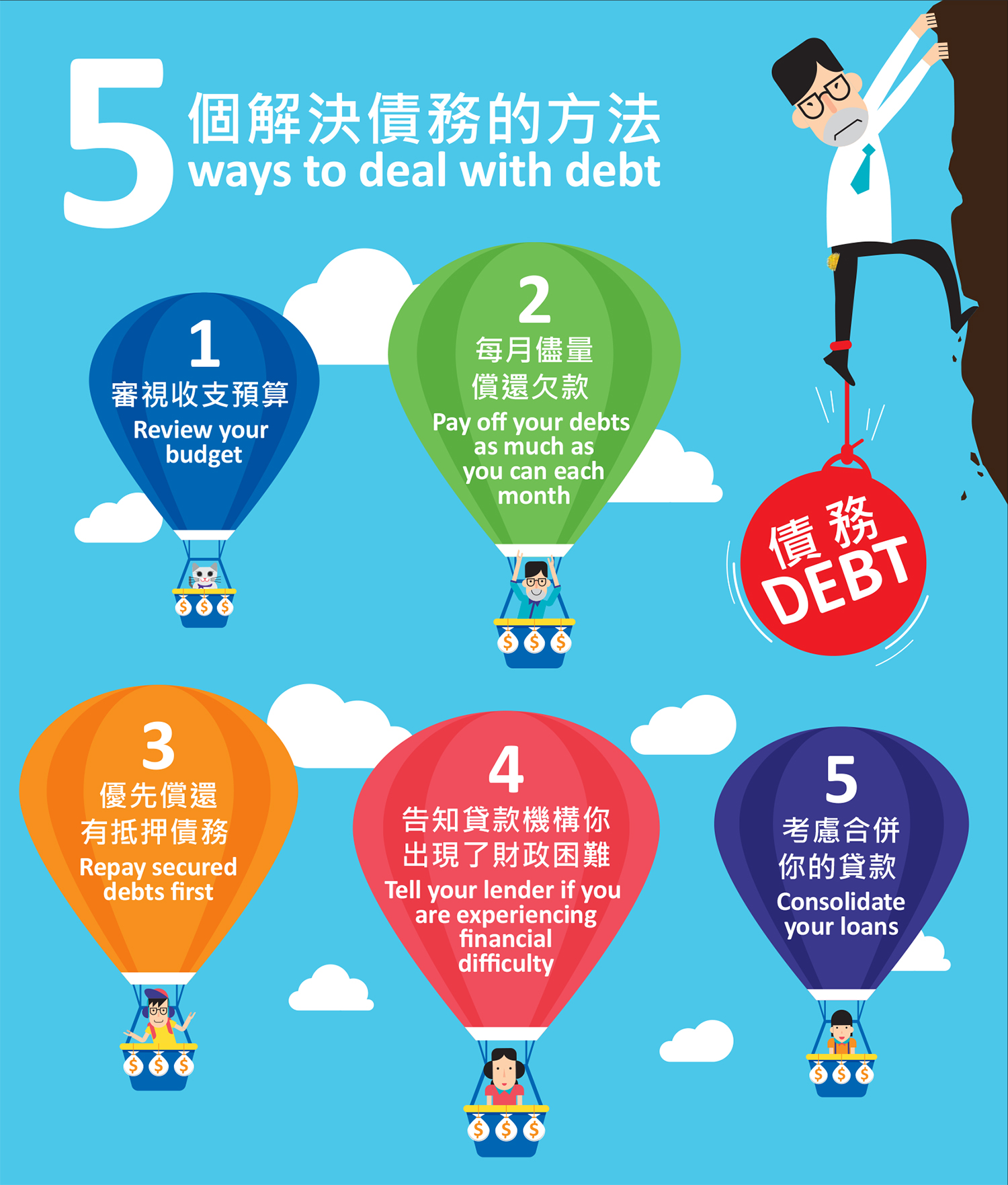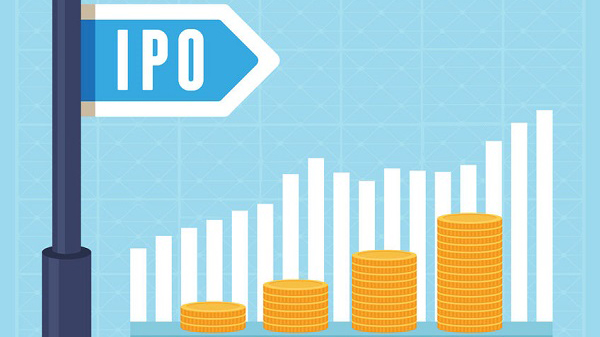Good Debt vs Bad Debt
Debt can be good or bad depending on how you manage it for your life goals.
Extreme Debt
When you defer payment and obtain credit, you end up with a debt. "Good debt" is one that can make you better off financially in the long run. "Bad debt" does more harm than good, especially if you fail to make the repayments.
As the saying goes, "Be it a white cat or a black cat, a cat that catches mice is a good cat." Likewise, debt can be good or bad depending on how you plan and manage it. Before you decide to borrow money, take some time to ask yourself some key questions.
What are you borrowing money for?
Taking out a loan to pay for your home or your education makes sense in many cases, but borrowing for vacations or non-essentials can have negative consequences.
How much should you borrow?
Avoid borrowing more than you can comfortably repay. Before you borrow, ask yourself if you will be able to make the payments and remember to take interest charges into account. Ask your lender for a repayment schedule and a detailed breakdown on the total cost of the loan as well.
Is borrowing your best option?
Borrowing may not always be the best option. There may be other ways to achieve your goals without going into debt. For example, you might be able to meet your goals by saving instead of borrowing.
What is the cost of borrowing money?
When you borrow money, you have to repay the principle (the amount borrowed) plus interest. If you choose a floating-rate loan, be mindful that your repayments will rise and fall in line with market interest rates. Be aware that some financial institutions may charge other fees as well.





